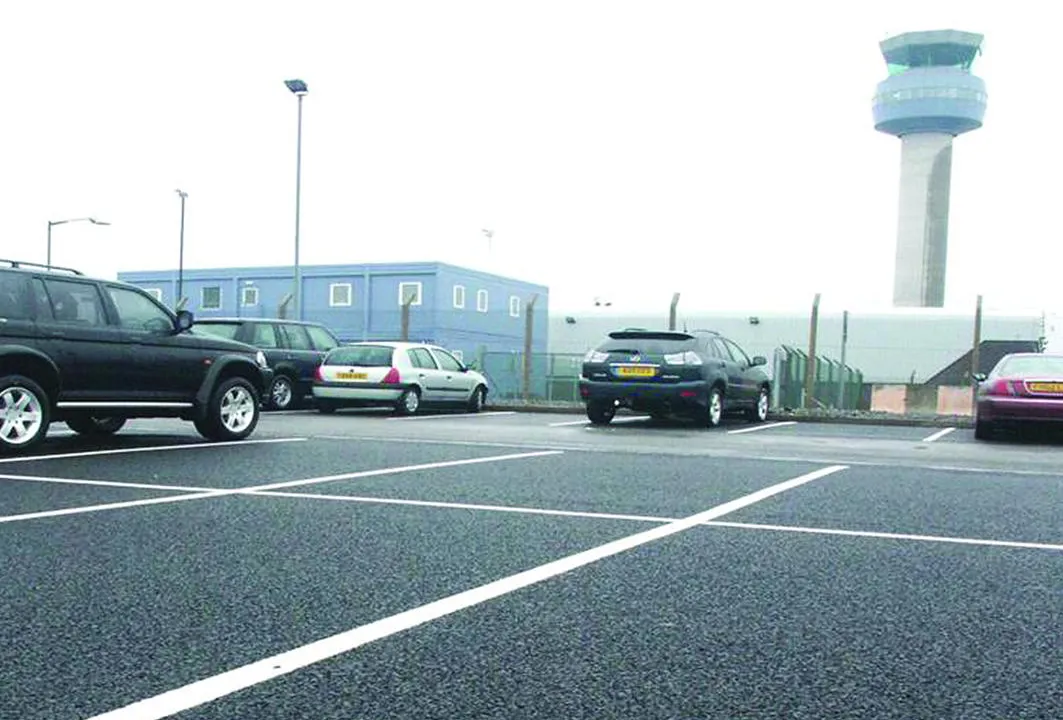Cause for concern has been identified in French capital Paris, with research suggesting that as much as a third of roads in the city may be contaminated with asbestos. Studies have shown that 39% of road surfaces in Paris are contaminated by two types of asbestos, actinolite and chrysotile. The latter was incorporated into road materials used in the past. The specific danger to public health from the use of asbestos in the roads has not yet been revealed. But asbestos is known to have been widely used in co
December 15, 2014
Read time: 1 min
Cause for concern has been identified in French capital Paris, with research suggesting that as much as a third of roads in the city may be contaminated with asbestos. Studies have shown that 39% of road surfaces in Paris are contaminated by two types of asbestos, actinolite and chrysotile. The latter was incorporated into road materials used in the past. The specific danger to public health from the use of asbestos in the roads has not yet been revealed. But asbestos is known to have been widely used in construction and its health implications are now much more widely understood than previously. As a result its use has been more or less phased out for construction or industrial purposes.







